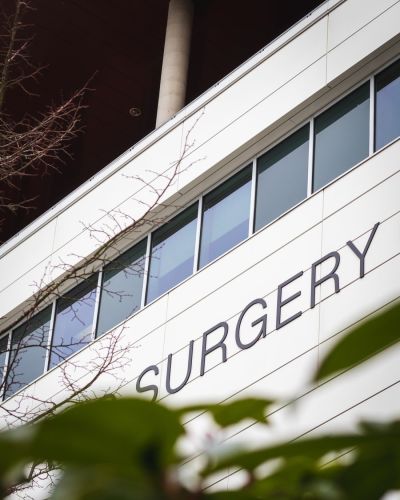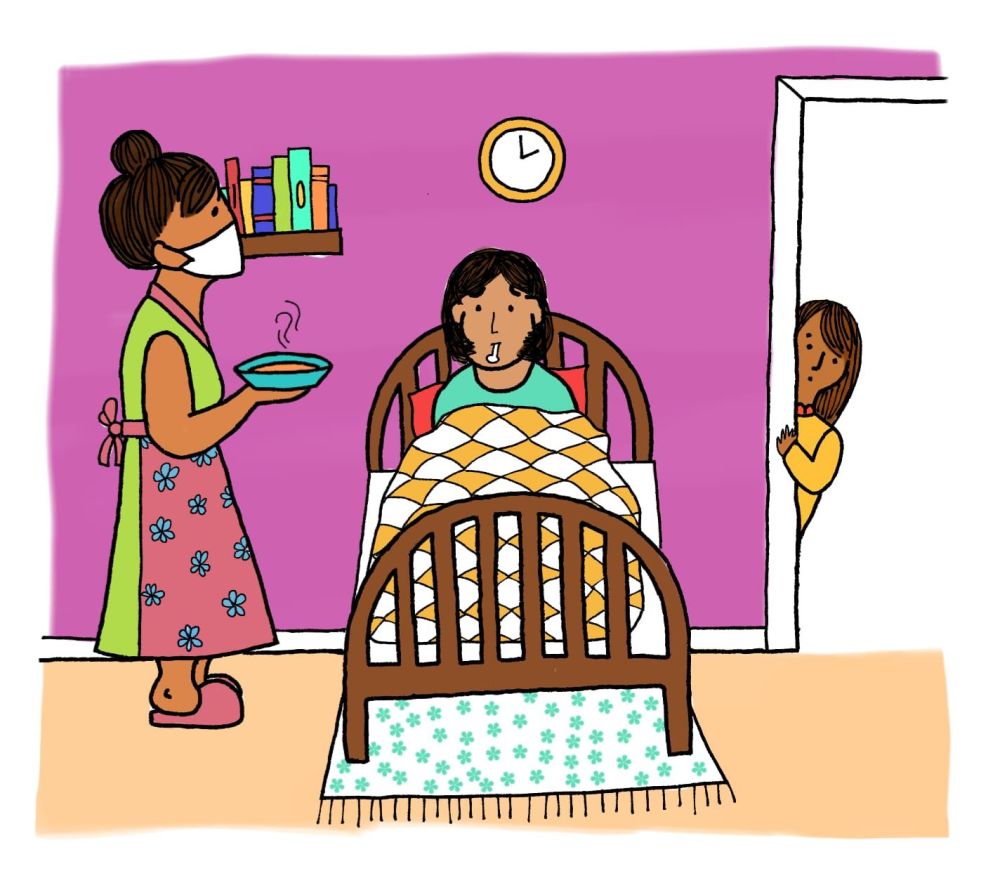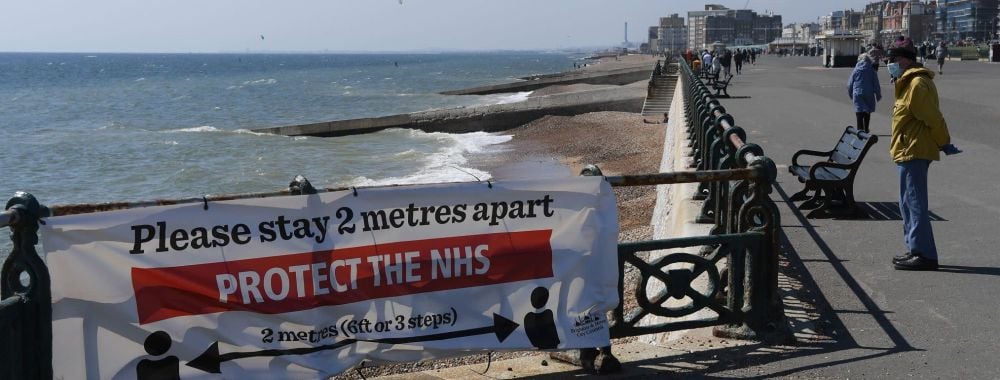The Doctor's Diagnosis
Posted on
I work as a GP in a small rural surgery. Our area has been relatively unaffected by the Covid illness – we have had less than 10 confirmed cases in our patient population of just over 5000 people and all of those cases have had only minor symptoms (and came from the local hospital). It has been extraordinary to see and read about the situation in other areas of the country and the devastating effect that the illness has had on care home communities.
 My job involves the diagnosis and management of health conditions. In comparison to so many people who have been furloughed, or worse, my working life has continued as normal, however the substance of my working day has changed immeasurably. Faced with the challenge of looking after those people in society with the most fragile health without increasing their risk of catching a potentially fatal infection, my practice rapidly switched to different patterns of working and means of communication.
My job involves the diagnosis and management of health conditions. In comparison to so many people who have been furloughed, or worse, my working life has continued as normal, however the substance of my working day has changed immeasurably. Faced with the challenge of looking after those people in society with the most fragile health without increasing their risk of catching a potentially fatal infection, my practice rapidly switched to different patterns of working and means of communication.
Previously, our working day was based on seeing 30 people, face-to-face, with booked appointments. Overnight, we stopped these to avoid direct contact where possible and reduce the risks of transmitting the disease. We started using telephone calls, text messages, emails and video consultations to look after our patients. These options have existed for the last 10 years, but we have always been too busy to contemplate a change that would be so disruptive to our staff and patients. Our patients have been extremely understanding and it is testament to their resilience that there have been no complaints.
Despite these changes, I think that we would still be at risk of being overwhelmed if there were high levels of Covid infection in our area. My colleagues and I can see on the news what happens to health services in areas of high Covid infection, but what we have not seen and cannot predict is what happens to the general health of an area when, overnight, GPs change how they work and potentially sick people try to avoid contact with everyone, including their doctors. How many cancers may have been missed, or high blood pressures, which might lead to heart attacks or strokes?
Early on in the crisis, I watched a video from a thoughtful and impressive GP, who was working at a Covid assessment unit in London. He described assessing patients with suspected Coronavirus and working out whether they needed to be admitted to hospital or not. What struck me the most was the advice to counsel the patients being admitted to ‘say goodbye’ to their families, since they would not be allowed visitors in the hospital and might never see them again. I cannot forget this.
 These situations were not exclusive to people infected with the virus. Hospitals and care homes shut their doors to all visitors in order to reduce the risk of infection. With hospitals representing separation from loved ones as well as the most likely place to catch the disease, I have had many conversations with people who are unwell and in other circumstances would definitely be requiring admission to hospital, but who chose to remain at home to avoid Coronavirus.
These situations were not exclusive to people infected with the virus. Hospitals and care homes shut their doors to all visitors in order to reduce the risk of infection. With hospitals representing separation from loved ones as well as the most likely place to catch the disease, I have had many conversations with people who are unwell and in other circumstances would definitely be requiring admission to hospital, but who chose to remain at home to avoid Coronavirus.
Going forward, I suspect that my job will not be the same again. The over-worn phrase ‘the new normal’ has truth and I am hard pushed to think of an aspect of my working or home life that will not have be affected by the pandemic. My hope is that this can provide an opportunity to improve systems and beliefs that have continued for many years ‘just because’. Fingers crossed.
By David, June 2020



Add a comment: